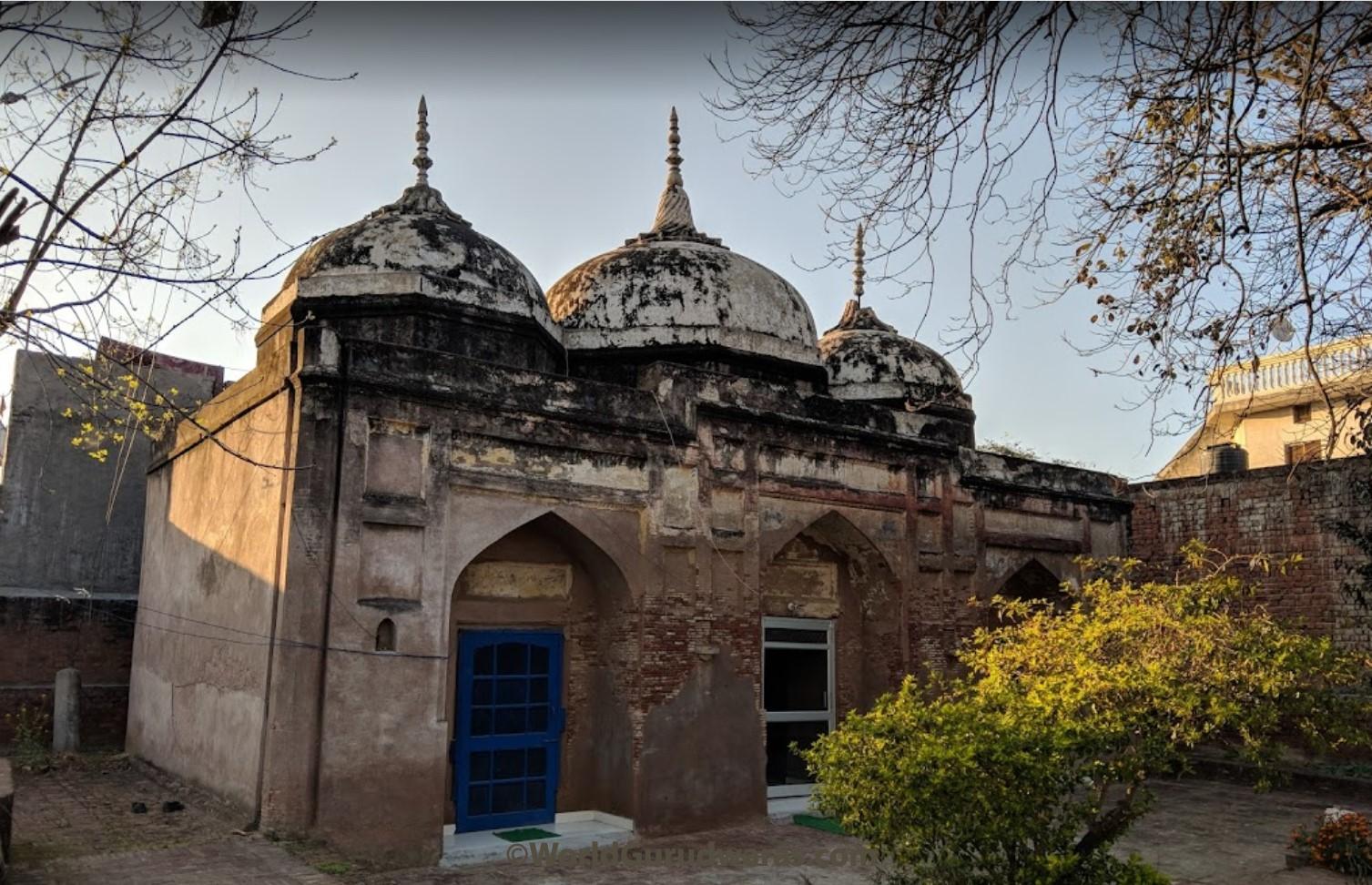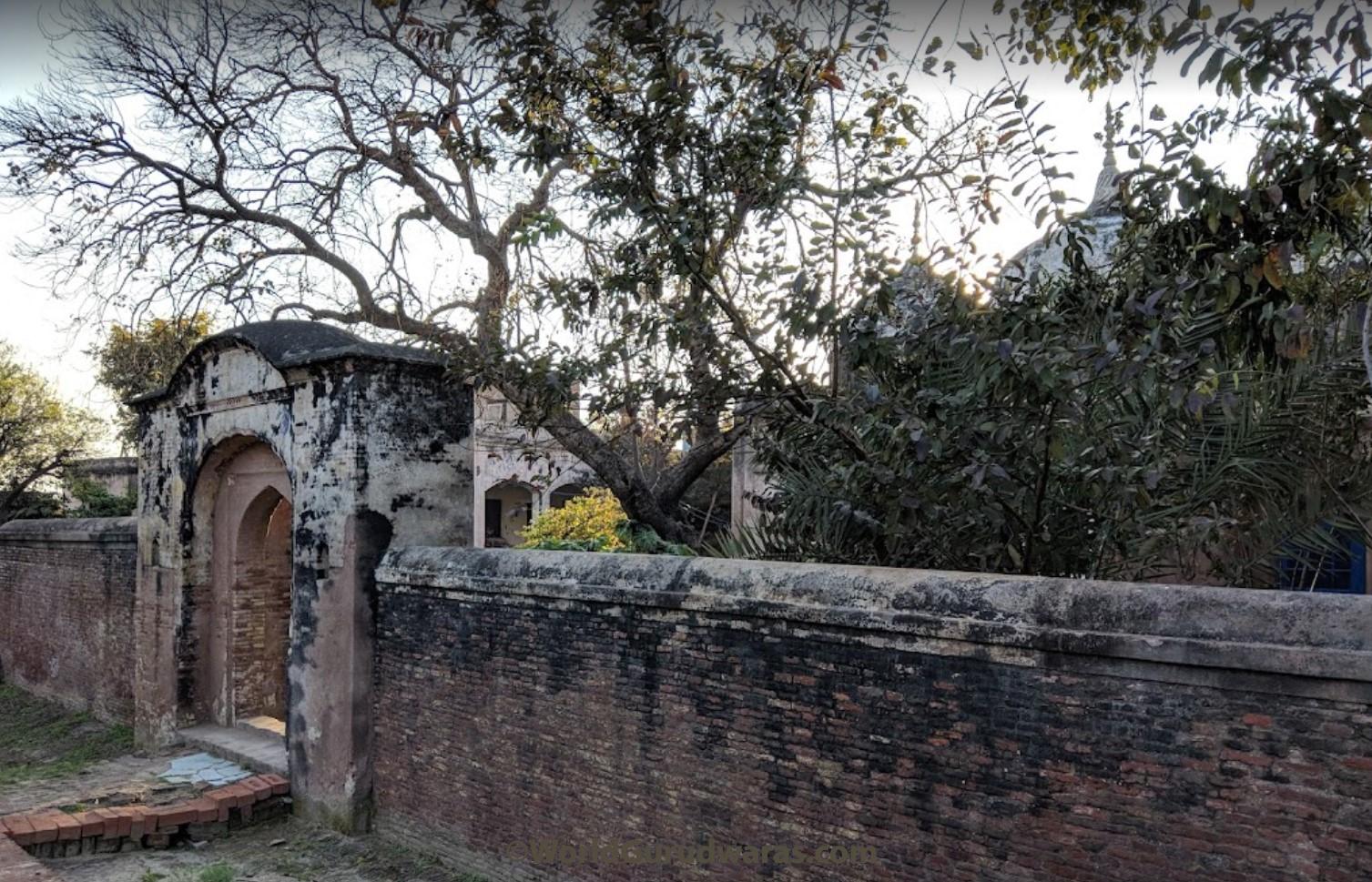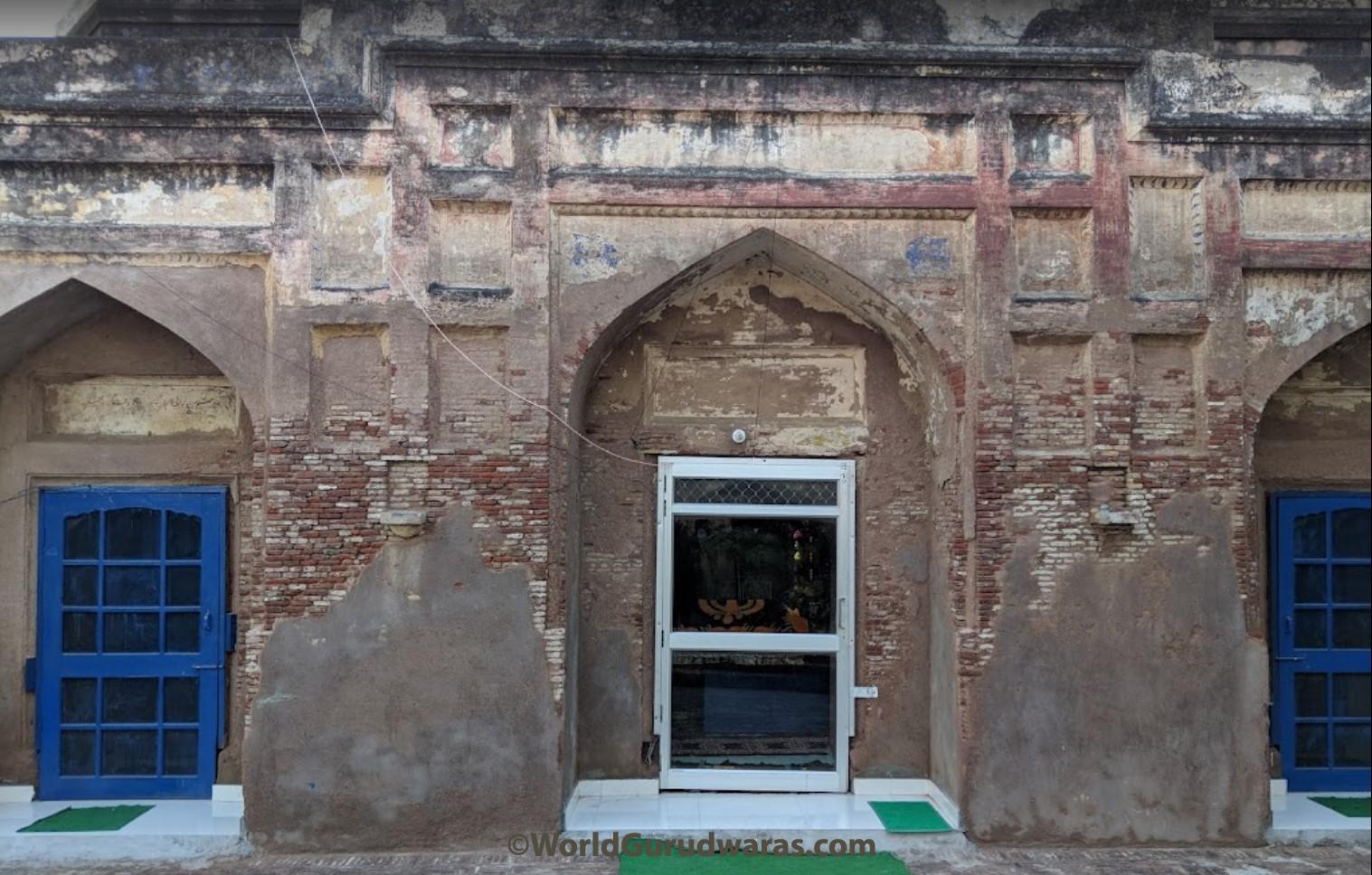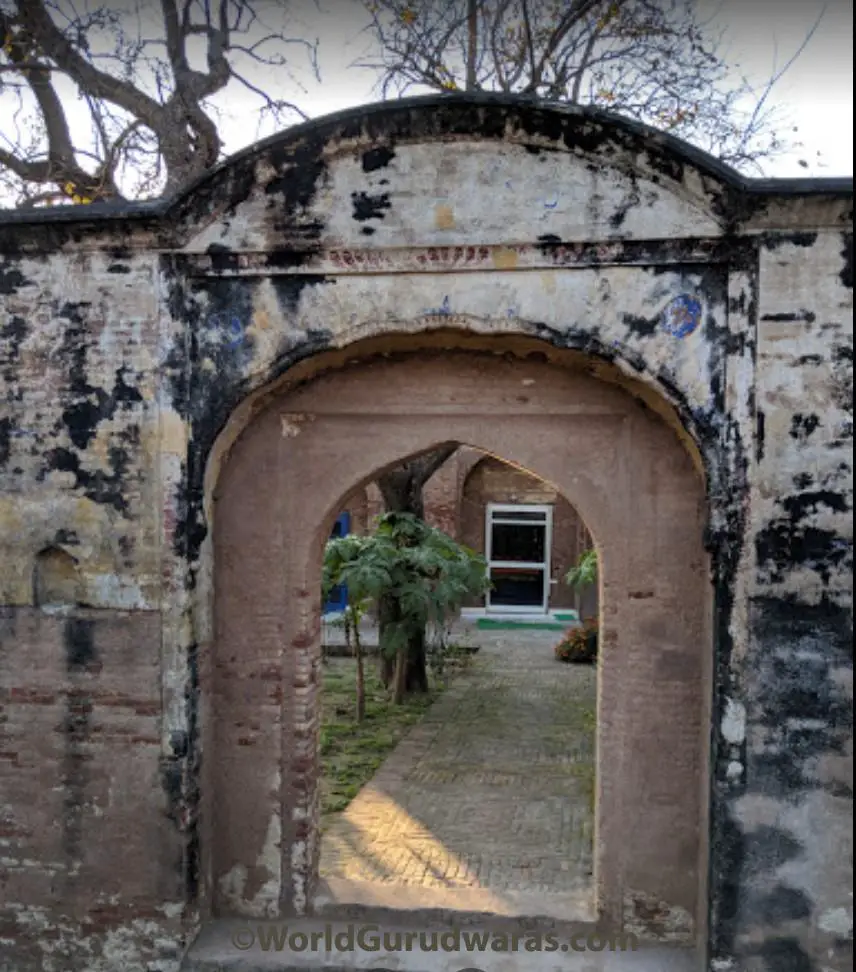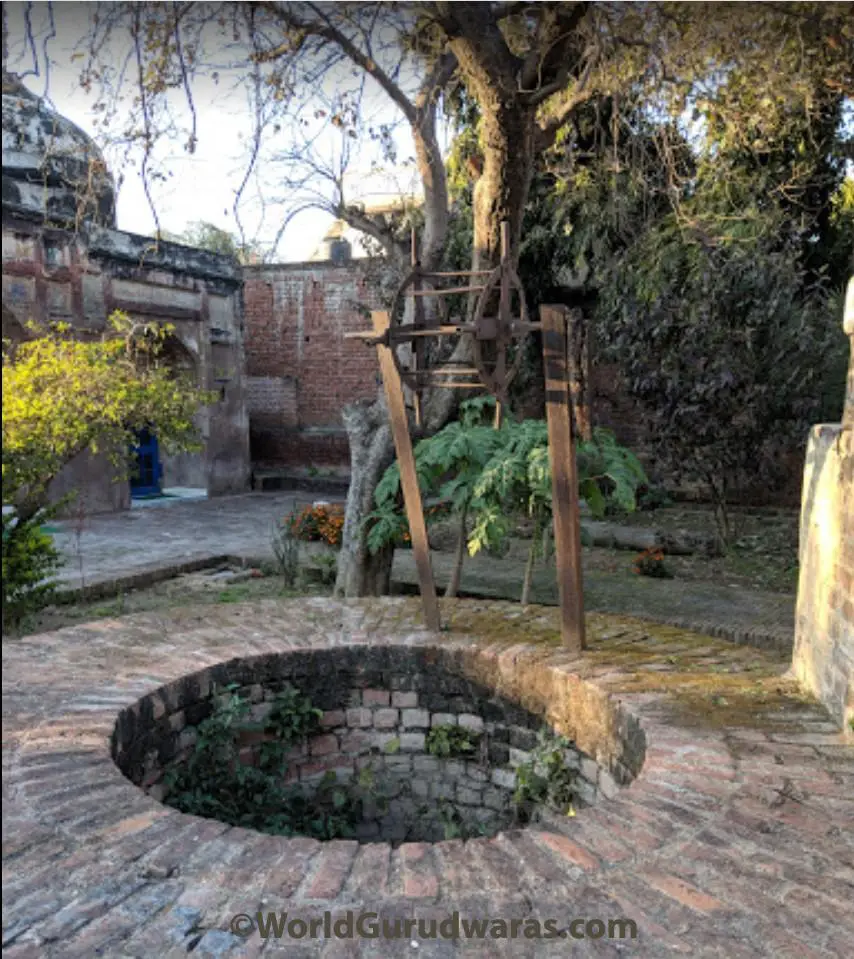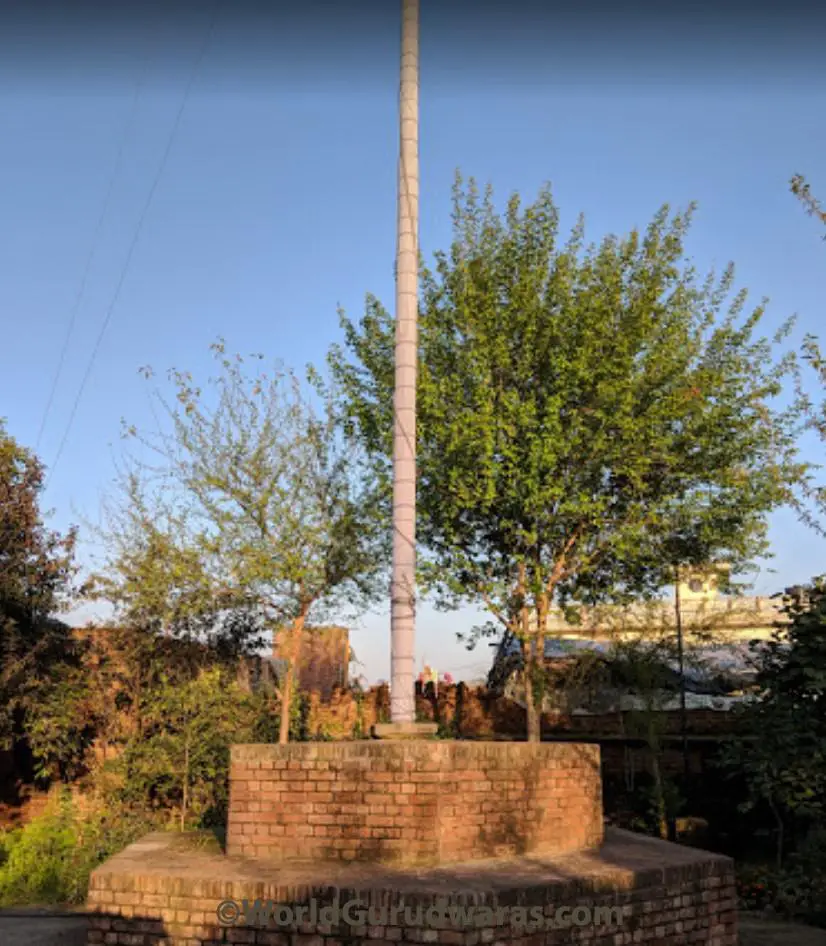Guru ki Maseet Sri Hargobindpur
Guru Ki Maseet, or the Guru`s mosque, is in the eastern part of the town. Sikhs values rise far above other world religions and in establishing Sikhism as an inclusive universal religion Sri Guru Hargobind Sahib Ji built a mosque for muslims.
Residents of all faiths flocked to the Guru Hargobind and perceived themselves as heirs to the sixth Guru’s desire to found a secure and secular home on the banks of the Beas. The Sikhs built a Gurdwara but the local muslims did not have the capacity to build themselves a place of worship due to their smaller numbers. They came to the Guru and asked him for help. The wise Guru was as respectful of muslim faqirs as he was with hindu sadhus and his Sikh followers; he viewed people of the differing religions of India with one benevolent gaze. The Guru ordered his Sikhs to start construction of a ‘Maseet’. The maseet was duly completed and duly handed over to the muslims. Guru Ki Maseet is recognized as a historic site by UNESCO.
The maseet has existed in this location since the period of the sixth Guru. With the turmoil of the partitioning of India in 1947 and the mass movement of people, the maseet fell into a state of neglect and disrepair. In time, the care of the maseet fell into the hands of a group a Nihang Singhs who temporarily kept the Sri Guru Granth Sahib in the one time maseet. For many years, the maseet was maintained by these Nihangs. In February 8th, 2003 a ‘Memorandum of Understanding’ (MoU) was signed by Baba Kirtan Singh the chief of the Nihangs, the Sikh caretakers of the maseet, and the Punjab Waqf Board. It was Baba Kirtan Singh’s desire that muslims again perform their prayers at the maseet which had been gifted to them by Guru Hargobind.
As per the wishes of Baba Kirtan Singh, five saplings were planted in the names of five Sikh Gurus. Dr Mohammad Rizwanul Haque, Punjab Waqf Board Administrator, described the MoU as an international event which would pave the way for strengthening communal harmony in the country. The maseet was in a state of disrepair and work was begun on its restoration by a group of Sikhs and muslims in a unique manifestation of India’s multi-religious society, at least as the Sikhs have often practised it and as the muslim masons joined in as well.
